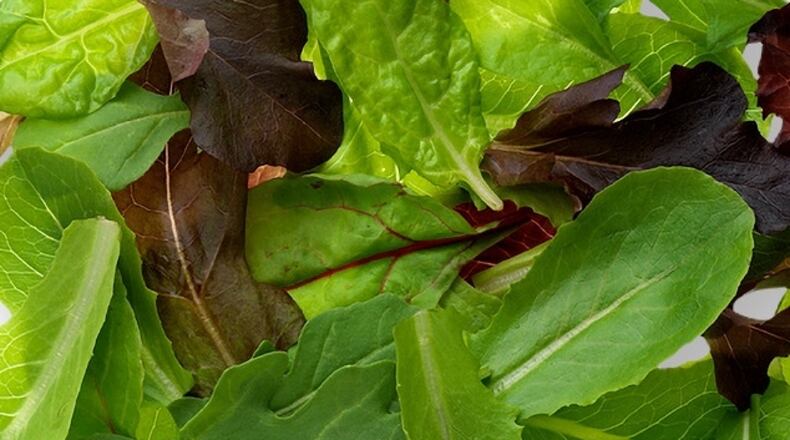The following products are subject to the public health alert:
- 5.5-ounce clear plastic packages containing “Fruit Ridge Farms White Chicken Caesar Salad” with sell by dates 3/10/23 through 4/14/23
- 4.6-ounce clear plastic packages containing “Fruit Ridge Farms Chef Salad with Ham” with sell by dates 3/10/23 through 4/14/23
- 5.5-ounce clear plastic packages containing “BELL’S BISTRO White Chicken Caesar Salad” with sell by dates 3/10/23 through 4/14/23
- 4.6-ounce clear plastic packages containing “BELL’S BISTRO Chef Salad with Ham” with sell by dates 3/10/23 through 4/14/23
The salads have the establishment number EST. 17050 or P-17050 inside the USDA mark of inspection. In addition to Ohio, the salads were shipped to retailers in Indiana, Kentucky, Illinois, Michigan, Tennessee and Wisconsin.
There have been no confirmed reports of adverse reactions due to consumption of these salads. Anyone concerned about an illness should contact a health care provider.
Consumption of food contaminated with L. monocytogenes can cause listeriosis, a serious infection that primarily affects older adults, those with weakened immune systems and pregnant women and their newborns.
Listeriosis can cause fever, muscle aches, headache, stiff neck, confusion, loss of balance and convulsions sometimes preceded by diarrhea or other gastrointestinal symptoms. An invasive infection spreads beyond the gastrointestinal tract. In addition, serious and sometimes fatal infections can occur in older adults and those with weakened immune systems.
Listeriosis is treated with antibiotics. Those in the higher-risk categories who experience flu-like symptoms within two months after eating contaminated food should seek medical care and tell the health care provider about eating the contaminated food.
Anyone who purchased the salads in the public health alert are urged to throw them away or return them to the place of purchase.
Consumers with questions regarding the public health alert can contact Alicia Richards, food safety and quality manager at 616-399-7084, ext. 416 or arichards@russrestaurants.com.
About the Author

